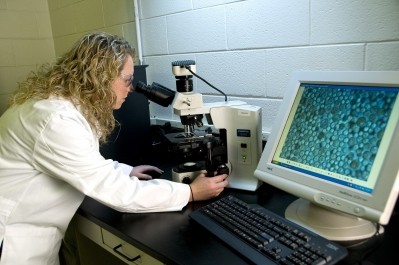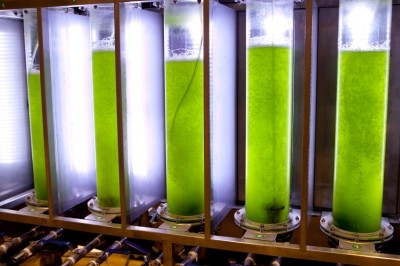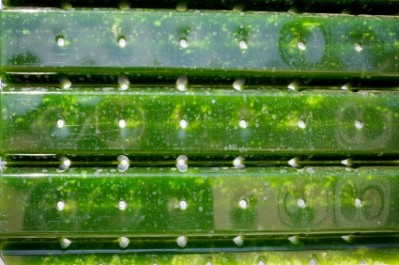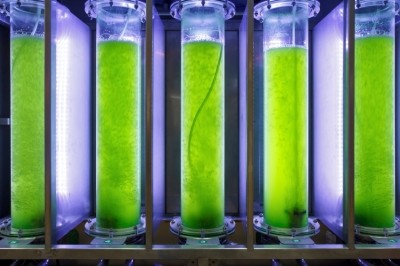Healthier animals the focus of algae in feed, DHA food enrichment will be niche: Alltech
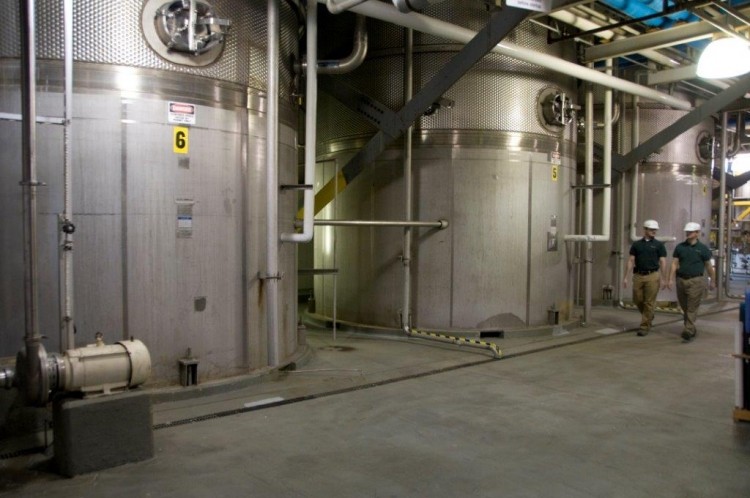
FeedNavigator.com spoke to Becky Timmons, technical director of Alltech Algae, ahead of a presentation she is giving at the Alltech International Symposium in May.
She said that Alltech, which is producing a heterotrophic high-DHA omega-3 algae variety at its 100,000 square-foot plant in Kentucky, has only scratched the surface on the potential for use of its algae in livestock feed.
“While our variety is a high value type of algae, we see its usage primarily in boosting the essential nutrients of the animal as opposed to food enrichment, which does not offer massive potential.
Farmers looking to improve the health and productivity of their animals would use our algae ingredient at a much lower usage rate than that needed for DHA enrichment of dairy products making our omega-3 algae cost competitive.
The inclusion rate is up to 1% of the feed additive for boosting the health of the animal as opposed to 1% of the diet for enrichment purposes.
Essentially, it would pay for itself in a very short timeframe,” said Timmons.
Research to support DHA claim
In order to meet the FDA regulatory standards on DHA claims, Timmons said that the animal nutrition firm is currently doing clearly defined research trials with heterotrophic algae in the US on its use with each livestock species and at different growth stages.
“We are doing a lot of research around the dairy sector now. We have got great results with dairy cows in the areas of milk output but also in fertility responses.
In terms of health benefits for swine, we have recorded better growth and less mortality when evaluating its effectiveness in young pigs. The DHA passes through naturally from the sow to the piglet, also boosting brain and eye development.” said Timmons.
Traceability and higher yields
The technical director said that there is only one other company in North America producing high DHA omega-3 algae through a closed fermentation process like Alltech's but that supplier is focused on the human nutrition side.
“Our production method allows us to work well with regulatory bodies in that closed fermentation ensures a contaminant-free, clean and traceable dry white powder. It also allows us to generate higher yields,” said Timmons.
The supplier’s Winchester algae fermentation site has capacity of 1.2 million liters and an output currently of 10,000 tons of dried biomass annually, she said.
“But based on demand, we have designs on doubling that in the near future," added Timmons, with Alltech looking to target the global aquaculture sector with its heterotrophic algae.
Algae, she said, can help create a more sustainable aquaculture industry through the substitution of fish oil DHA with the algal DHA variant for fish diets.
This is particularly important, notes Timmons, in that there is an ever diminishing supply of fish oil.
Alltech is holding its 30th Annual International Symposium in Kentucky on May 18 to 21.
